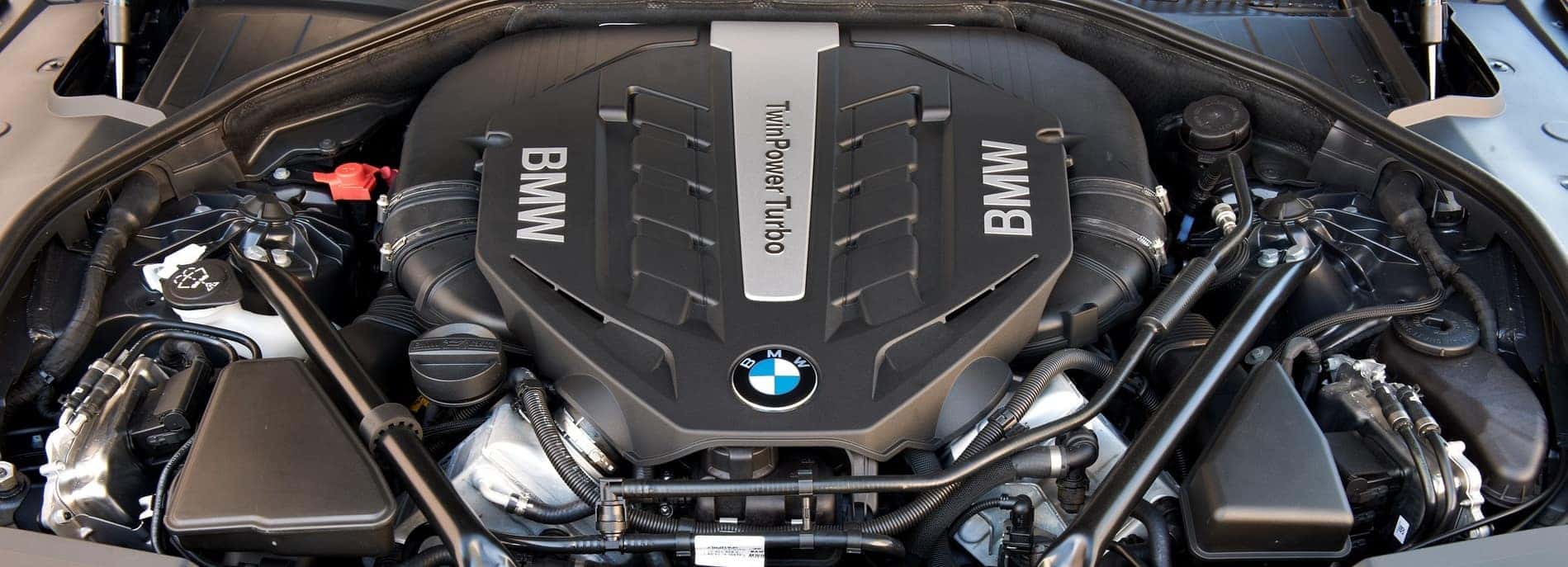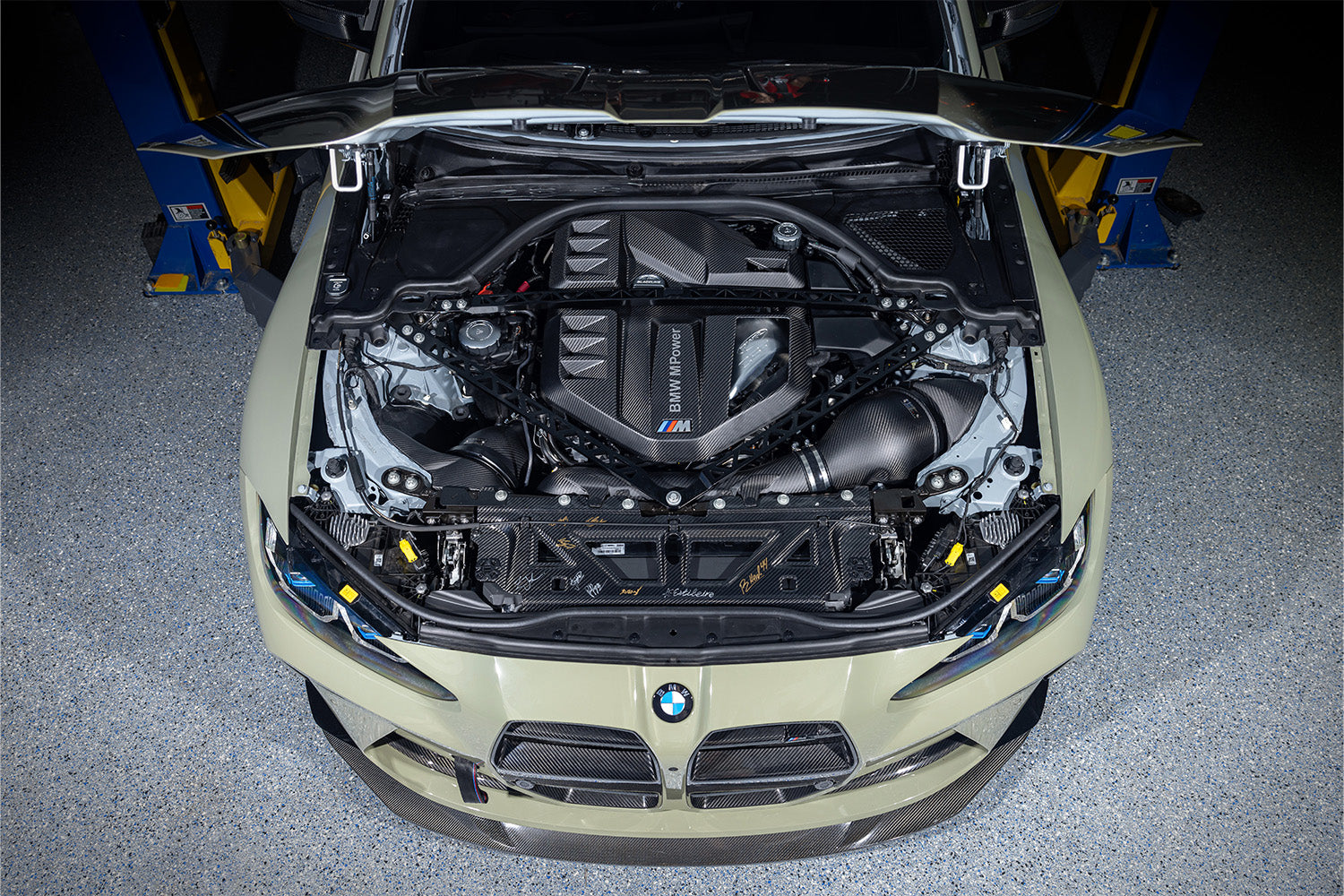Leading 5 BMW Engine Technologies Reinventing the Automotive Industry
Leading 5 BMW Engine Technologies Reinventing the Automotive Industry
Blog Article
Unveiling the Intricacies of Next-Generation Power Units: a Deep Dive Into Advanced Engine Innovations and designs
As we stand on the precipice of a new period in transport, the intricacies of next-generation engine designs bid us to discover the cutting-edge modern technologies and advancements that promise to redefine the driving experience. Diving much deeper right into the worlds of discharge control, smart engine management systems, and the perspective of power system development, we locate ourselves on the cusp of an improvement that guarantees to improve the landscape of wheelchair as we know it.
Advancement of Engine Materials

The shift in the direction of progressed engine products has actually additionally made it possible for engineers to create engines with greater power outcomes while keeping gas efficiency requirements. The use of lightweight materials decreases the general weight of the engine, leading to enhanced fuel economy and reduced discharges. In addition, innovations in products technology have permitted much better thermal management within engines, leading to enhanced reliability and durability.
Turbocharging and Supercharging Technologies
Just How do Turbocharging and Supercharging Technologies change engine efficiency and efficiency in modern-day automobiles? Turbo charging and turbocharging are innovations that significantly boost engine performance by increasing the quantity of air consumption into the burning chamber. Turbocharging accomplishes this by utilizing a turbine driven by exhaust gases to pressurize the intake air, while turbo charging makes use of a belt- or chain-driven compressor to achieve the same result.
These innovations make it possible for smaller, much more fuel-efficient engines to create power equal to bigger ones, referred to as downsizing. Forcibly more air into the cylinders, turbocharging and turbo charging boost burning performance, resulting in boosted horse power and torque outcome without a considerable increase in engine size. This causes far better acceleration, pulling capability, and total driving efficiency.
In addition, supercharging and turbocharging contribute to improved fuel effectiveness by enabling the use of smaller sized engines that consume much less fuel under regular driving problems - bmw engine. This combination of enhanced efficiency and efficiency has actually made turbocharging and supercharging integral elements of numerous contemporary engine styles
Discharge Control and Environmental Impact
With raising international worries relating to air top quality and environmental sustainability, the execution of discharge control technologies in automobiles plays a vital role in minimizing dangerous toxins released right into the ambience. Modern cars are geared up with innovative discharge control systems that aid lessen the environmental influence of automobile operations. Catalytic converters, for example, are created to convert hazardous gases such as carbon monoxide gas, nitrogen oxides, and hydrocarbons into less dangerous substances like co2 and water vapor.
Additionally, improvements in engine technology, such as the combination of exhaust gas recirculation systems and selective catalytic reduction, have significantly contributed to reducing emissions. These innovations operate in tandem to maximize combustion effectiveness anchor and minimize the release of damaging toxins into the air. Additionally, the growth of crossbreed and electric cars represents a crucial action towards decreasing the overall ecological footprint of the transportation market.
Intelligent Engine Administration Systems

In addition, these systems make it possible for lorries to fulfill rigid discharges criteria without endangering performance, supplying a much more environmentally friendly driving experience. The combination of expert system and equipment understanding abilities in engine management systems proceeds to push the borders of what is possible, resulting in more enhancements in efficiency, dependability, and overall lorry efficiency. bmw engine. As automotive innovation advancements, smart engine administration systems will play a crucial duty in shaping the future of transport towards a more sustainable and efficient direction
Future Trends in Power Unit Growth
As smart engine administration systems lead the means for improved control and optimization in contemporary vehicles, future patterns in power system development are poised to redefine the landscape of automotive propulsion technologies. Among the vital patterns driving technology in power unit growth is the change towards electrification. With a boosting concentrate on sustainability and lowering carbon exhausts, crossbreed and electric powertrains are coming to visit the site be extra widespread in the auto industry. These alternative source of power use improved effectiveness and efficiency while lining up with stringent environmental policies.
Another considerable trend is the integration of advanced products and making methods. Lightweight materials such as carbon fiber and aluminum are being utilized to minimize overall lorry weight, boosting fuel effectiveness and performance. Additionally, improvements in 3D printing and additive manufacturing are enabling the production of complex engine components with higher accuracy and sturdiness.
Additionally, man-made knowledge and device knowing are playing a crucial duty in enhancing power device efficiency. These innovations allow for real-time tracking and flexible control, leading to much more dependable and efficient power delivery. Generally, future trends in power system development are tailored in the direction of sustainability, performance, and efficiency, driving the vehicle market in the direction of a brand-new period of propulsion innovations.

Conclusion
In conclusion, the developments in engine products, turbocharging, exhaust control, and smart monitoring systems have led the way for next-generation power units. The elaborate styles and innovations in modern engines showcase the ongoing advancement of automotive modern technology.
Discovering the modern innovations in engine products has actually been crucial in enhancing the efficiency and effectiveness of modern-day engines. Over the years, the development of engine materials has actually played an essential role in pushing the boundaries of what engines can achieve.The shift towards progressed engine materials has actually likewise allowed designers to develop engines with greater power outcomes while preserving fuel efficiency standards.The application of smart engine administration systems in modern-day cars has transformed the means engines are regulated and maximized for performance and effectiveness. By gathering information in real-time and evaluating it with sophisticated formulas, smart engine monitoring systems can adapt to driving styles, ecological factors, and engine health and wellness to make Recommended Site best use of power output while decreasing gas usage and emissions.
Report this page